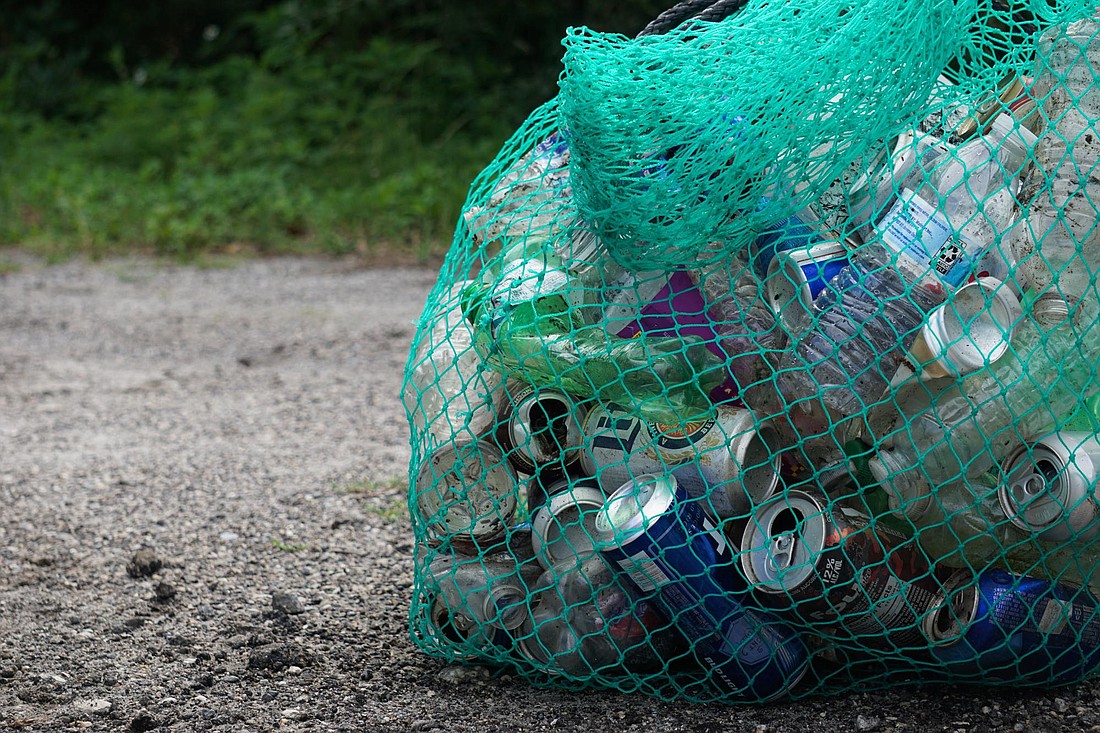- April 26, 2024
-
-
Loading

Loading

As the city of Palm Coast contemplates its littering problem, I have started paying more attention to the roadsides. If I count in my head as I drive along U.S. 1, Matanzas Woods Parkway and Palm Harbor Parkway, I see about one piece of trash per second ("One 1,000, two 1,000") on the side of the road.
That's too much.
To help us find a solution, let’s look at a scenario.
In a multilevel parking garage at a university-affiliated hospital, a visitor exits the elevator to head to his car. Walking toward him is a college-age student, reading a large flyer — a piece of paper 8 inches wide and 14 inches long. About five yards in front of the visitor, the student tosses the flyer on the ground.
When he gets to his car, the visitor is confronted with an identical flyer on his windshield. In large lettering, the flyer has this message: “This is Automotive Safety Week. Please drive carefully.” He looks around and sees the same flyers on the windshields of every car.
Holding the paper in his hand, the visitor has a decision to make. Does he toss it on the ground like the student did? Or does he keep it in his car to discard it later?
In a paper published in 1990, in the Journal of Personal and Social Psychology, the authors report on this scenario, which they set up as an experiment, designed to test people’s littering tendencies based on their surroundings.
What the visitor didn’t know is that the student was a “confederate” — an actor in the experiment. He had been tossing that flyer on the ground over and over again, all day, as visitors exited the elevator.
The variable in the experiment was the amount of trash on the ground. During some portions of the day, a crew would scatter trash around the parking garage, including flyers and candy wrappers, so that when the visitor arrived at his car, he had the impression that, if he were to toss his flyer on the ground, he would merely be adding one more piece of litter to an already trashy environment. During other portions of the day, the crew cleaned up the trash, so that the visitor had the impression he’d be the first to litter in a clean environment.
The results were decisive: 54% of the visitors tossed their flyers on the ground when the parking garage was already full of litter, compared with 6% when the garage was clean.
What does this have to do with Palm Coast?
If we have a clean city, we are likely to keep it that way. If we are surrounded by litter, we are likely to see the situation get worse.
This is certainly my experience in my own home. If I spend five minutes clearing the clutter from the kitchen counters, and then my children come home from school and put their lunchboxes and flyers on the counter, I jump to my feet.
“What do you think you’re doing?!?” I shout indignantly. “Don’t you see that counter is clean?!?”
I’m motivated to keep the kitchen spotless if it already is spotless. On the other hand, if the counter is already cluttered, I’m the first one to add my keys and mail and water bottle, out of convenience.
The City Council is considering raising the fine from $150 to $1,000, hoping it will be a deterrent. But even the $150 isn’t being enforced. The Flagler County Sheriff’s Office has issued zero fines in the past year for littering. To issue a fine, a law enforcement officer has to witness the littering personally. And even if that happens, is it the best use of deputies’ time?
Chief of Staff Mark Strobridge said that, during their careers, both he and Sheriff Rick Staly have stopped people for littering — and made them pick up the trash. But the traffic stop is more useful because, sometimes, they discover more serious charges.
“People who litter sometimes also have warrants and other issues in life,” Strobridge said, with his dry sense of humor.
The study from 1990 teaches me that we can solve the problem by cleaning up the litter that’s already on the roadsides. If there were more citywide cleanups, with local volunteers, I would gladly join in. Physically cleaning a roadside is a powerful experience, teaching us to be part of the solution and never part of the problem.